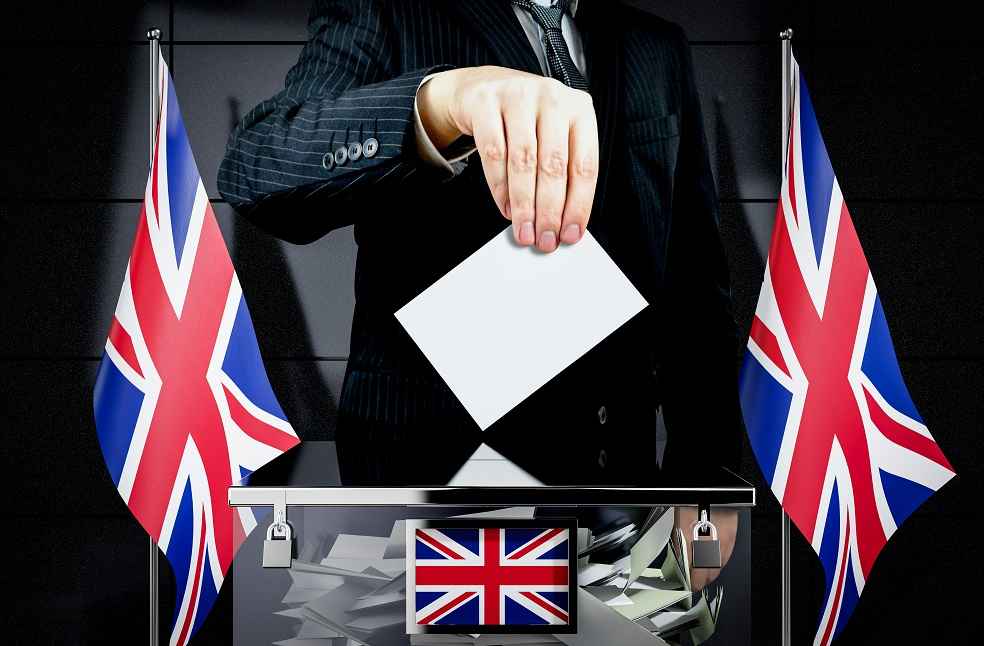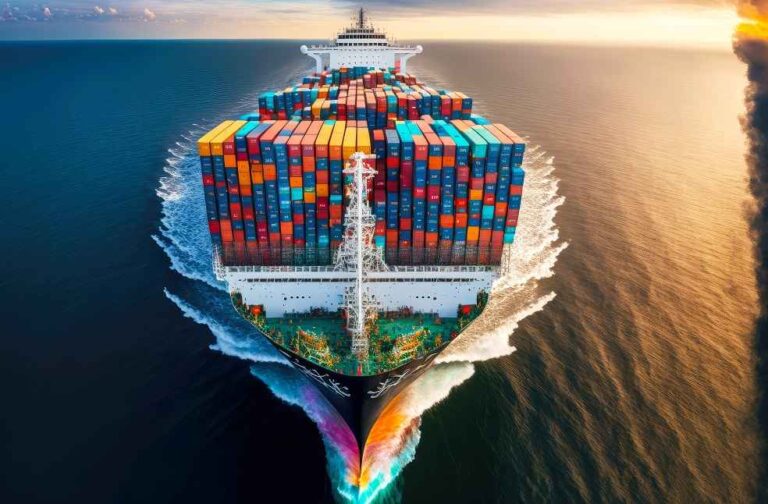London: As the United Kingdom enters the final lap of its election, the eyes of all nations are on the future of the Free Trade Agreement (FTA) with India. Both the Conservative and Labour parties have placed significant emphasis on finalizing this crucial trade deal, which aims to strengthen the £38.1 billion bilateral trading partnership between the two countries. However, the future remains uncertain.
Background
The FTA discussions between India and the UK were initiated in January 2022, with an ambitious initial deadline set for Diwali 2022 by former Prime Minister Boris Johnson, who was in power from 24 July 2019 to 6 September 2022. Despite extensive efforts, 13 rounds of talks have yet to resolve key differences, particularly regarding worker mobility and tariff reductions on various goods.
Conservative’s Position
Under Rishi Sunak’s leadership, the Conservative Party committed to finalizing the FTA, focusing on deepening strategic partnerships in technology and defense. Their manifesto highlighted the need to reduce tariffs on UK exports, such as Scotch whisky, electric vehicles, and certain food items. Sunak’s government worked towards ensuring fair treatment for Indian professionals temporarily transferred to the UK, aiming to facilitate smoother business visa processes.
Labour’s Stance

Keir Starmer’s Labour Party has equally prioritized the FTA, criticizing the Conservative government for missing previous deadlines. David Lammy, Labour’s shadow foreign secretary, emphasized the party’s readiness to finalize the agreement, highlighting a broader strategic partnership with India encompassing security, education, technology, and climate change.
Negotiation Points
Despite mutual interests, several challenges persist. Indian industries demand greater access to the UK market for skilled professionals from sectors like IT and healthcare, alongside market access for various goods with zero customs duty. Conversely, the UK seeks significant tariff reductions on its exports to India.
One major sticking point is the fairness of rules applied to Indian workers on business visas. Indian High Commissioner to the UK, Vikram Doraiswami, emphasized that while visas are not the primary focus, reasonable frameworks under international trade agreements are essential for successful negotiations.
Moving Forward
As the election concludes, it is expected that the new UK government will accelerate the FTA negotiations. Recognizing the potential to enhance bilateral trade and strategic cooperation, both parties have committed to prioritizing the FTA, which should mitigate potential obstacles.
The UK-India Business Council (UKIBC) has called for the prompt conclusion and ratification of the FTA, emphasizing the benefits for both goods and services sectors. The council believes a well-negotiated FTA will build trust and strengthen the wider UK-India partnership, particularly in defense, security, and climate change.
Next Round

As the UK and India prepare for the next round of negotiations, resolving outstanding issues and ensuring mutual benefits will be crucial. The FTA promises to foster a stronger and more dynamic economic relationship, paving the way for enhanced cooperation and growth for both nations.
POLICY & LAW | UN Model Law to Boost Warehouse Receipt Financing in Developing Nations



